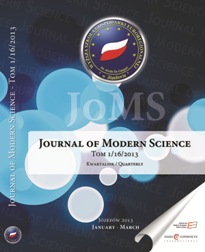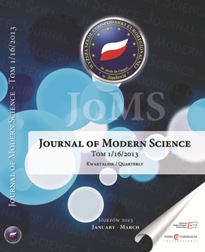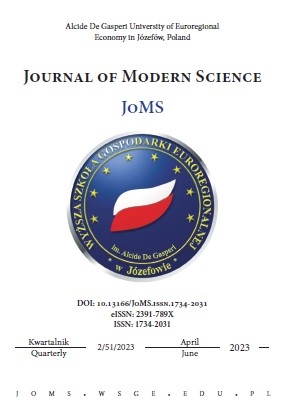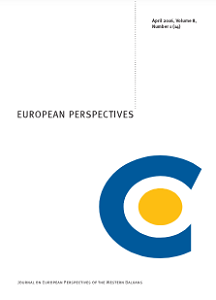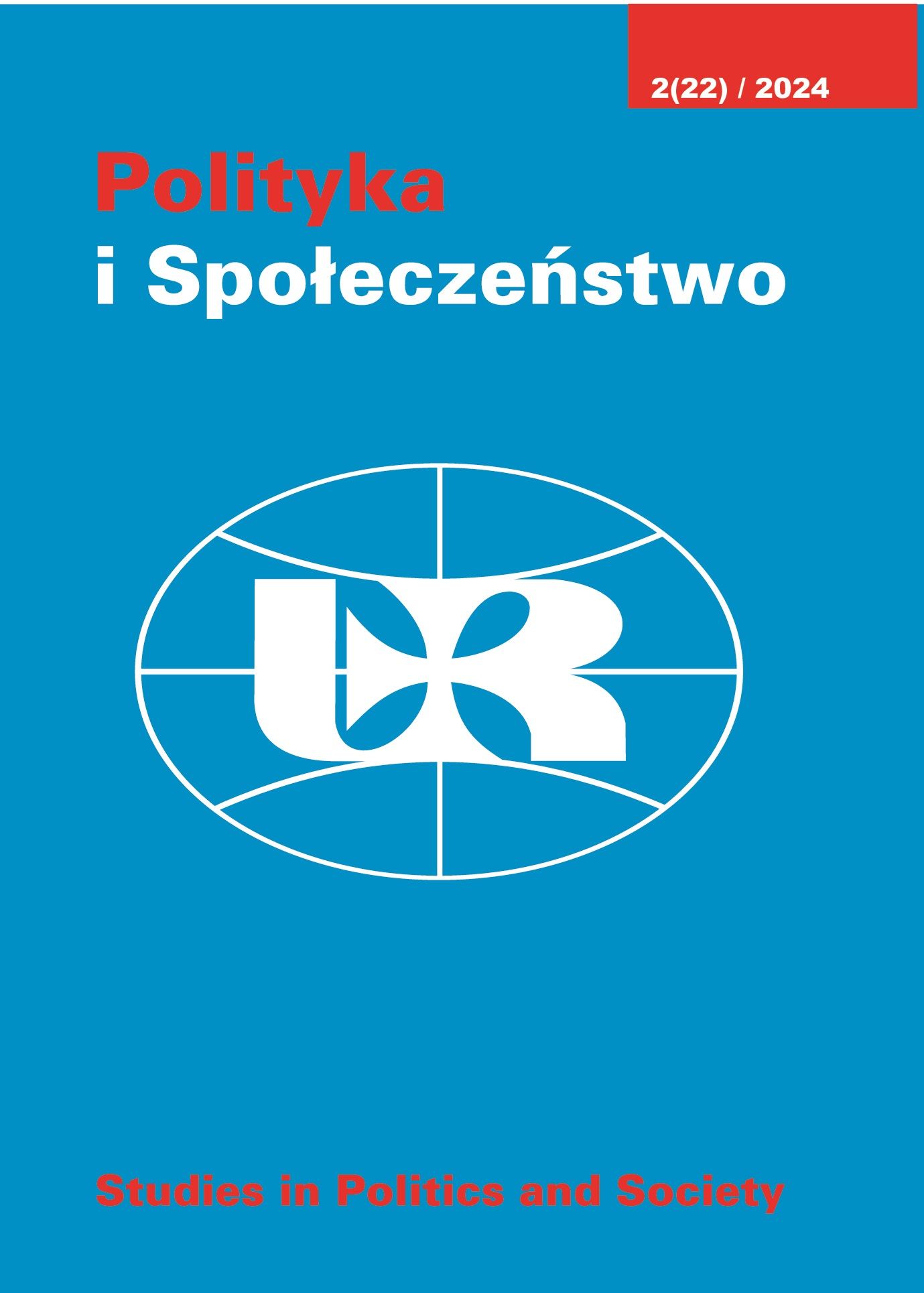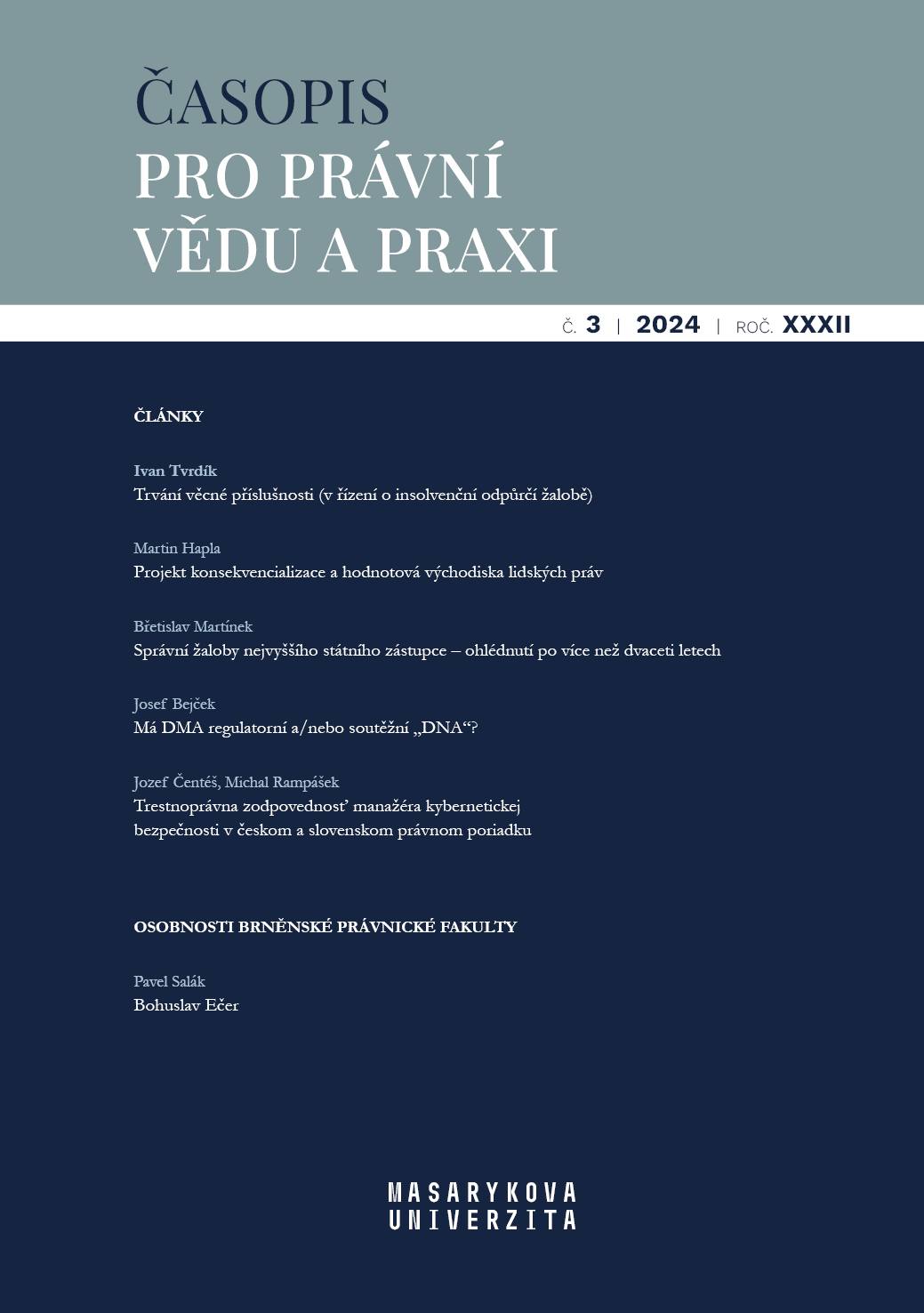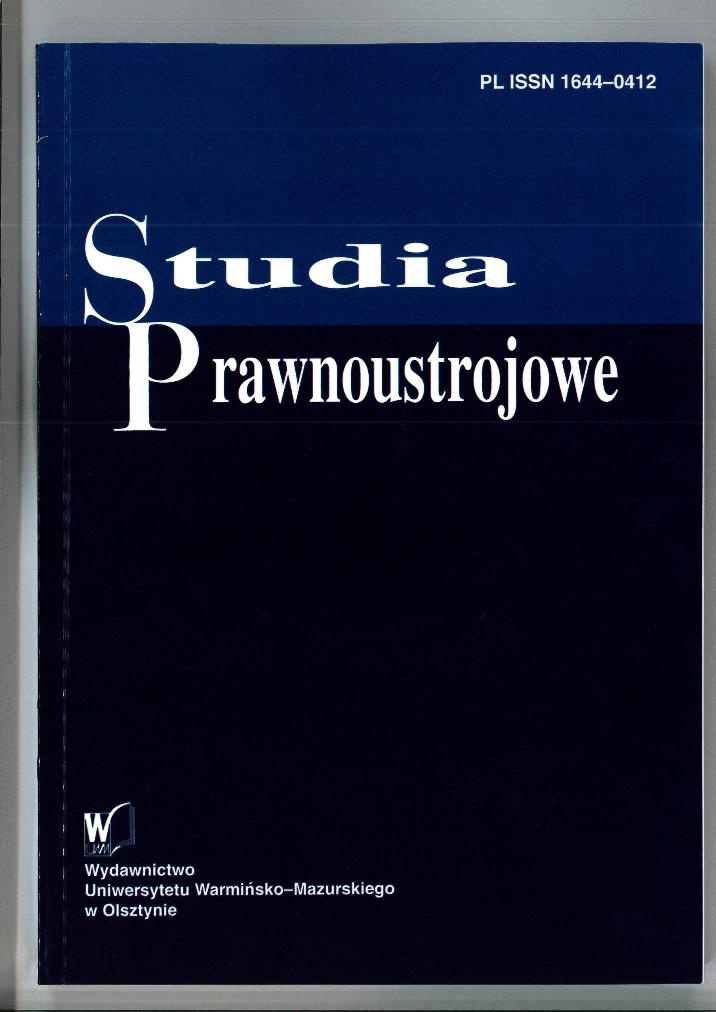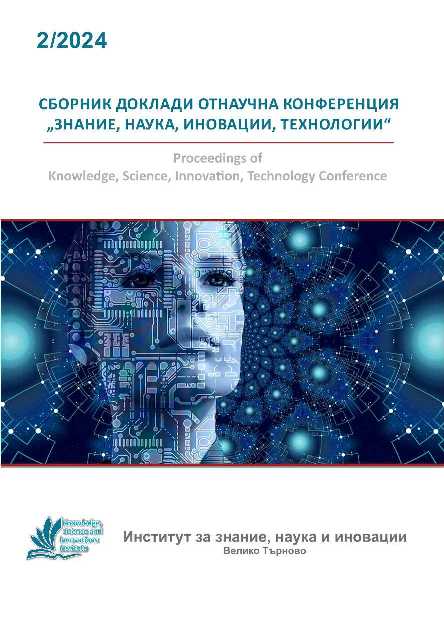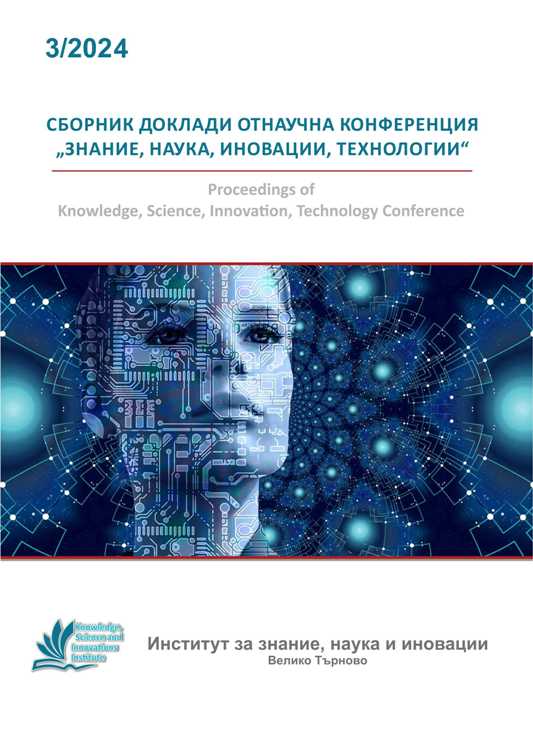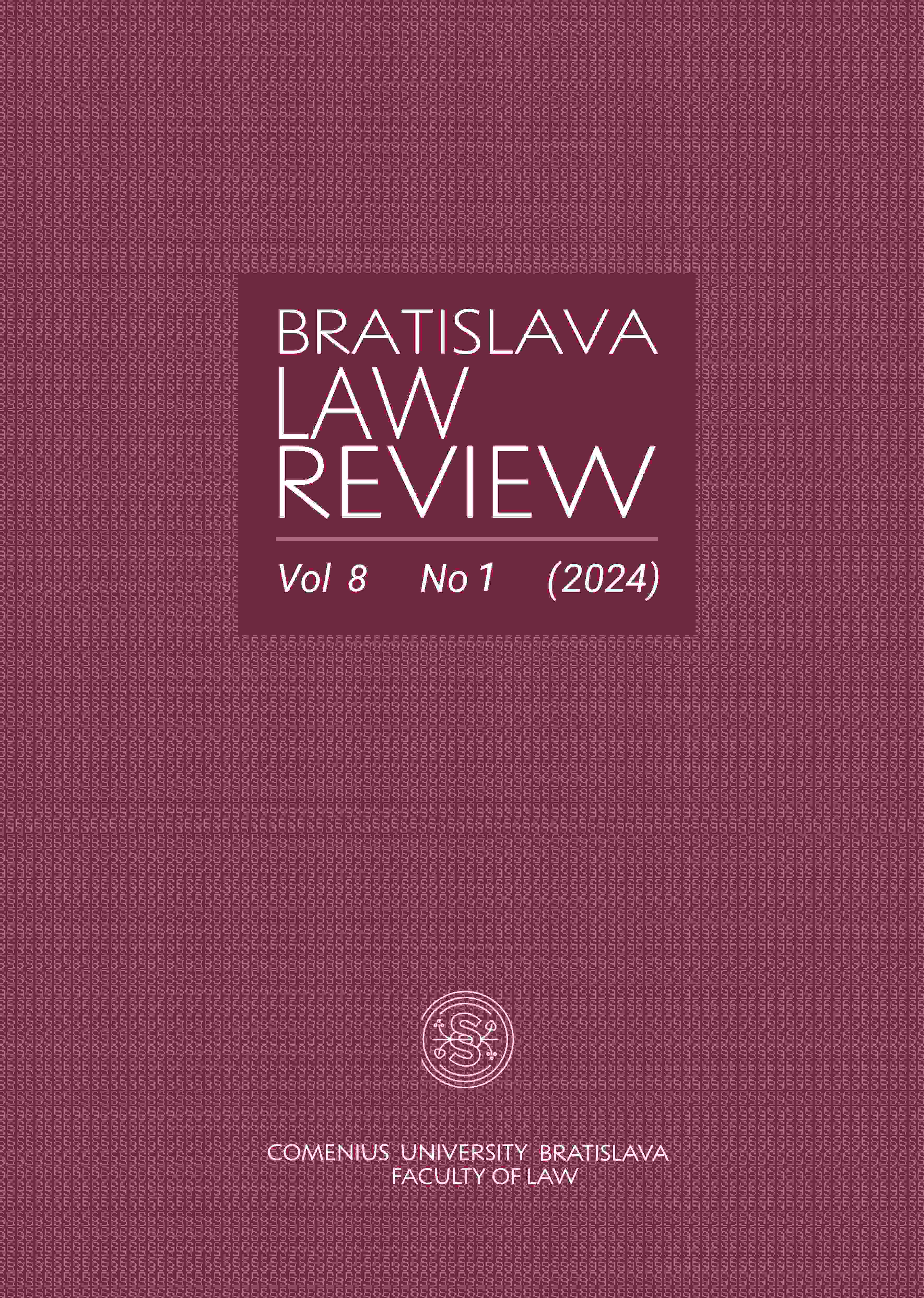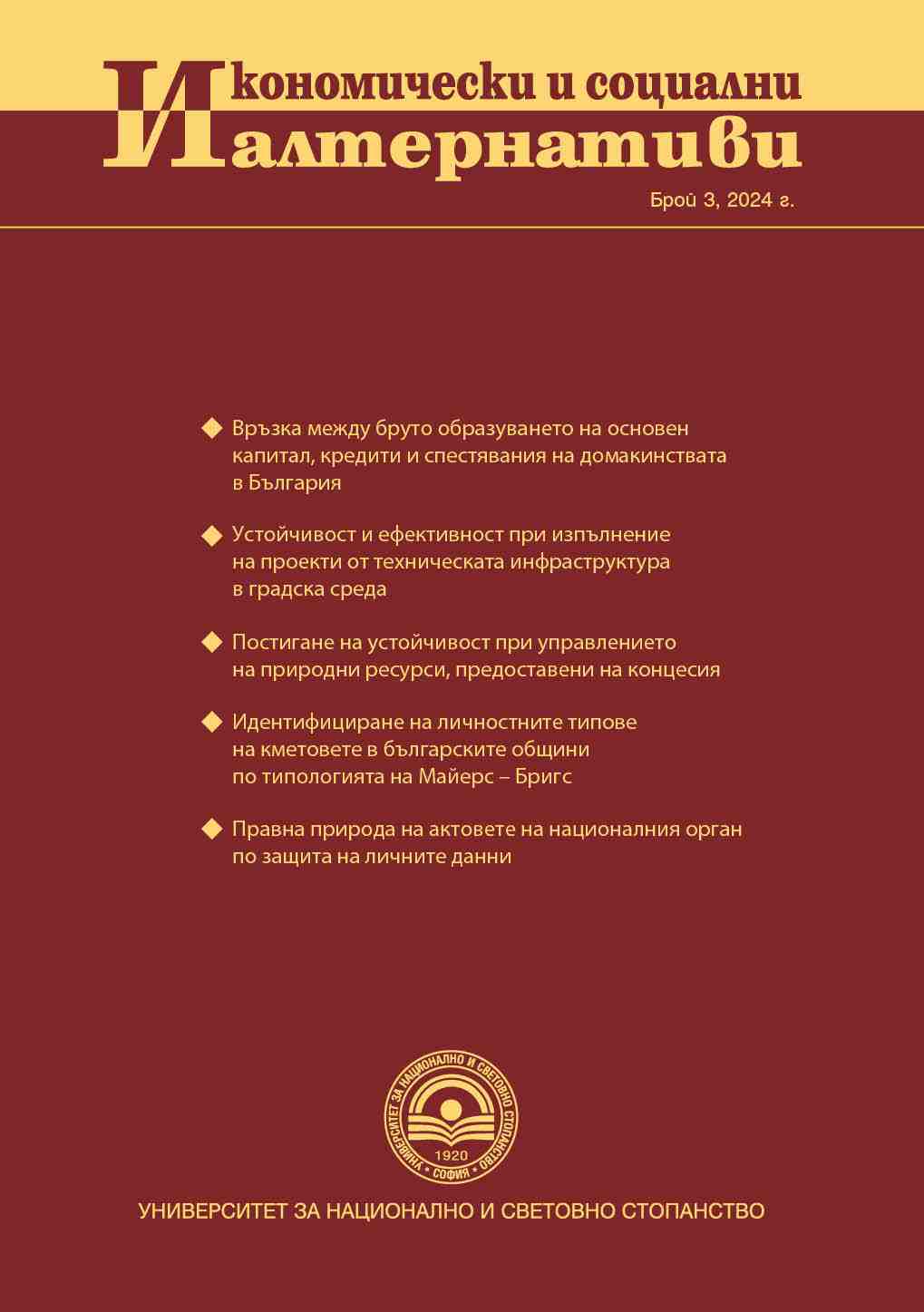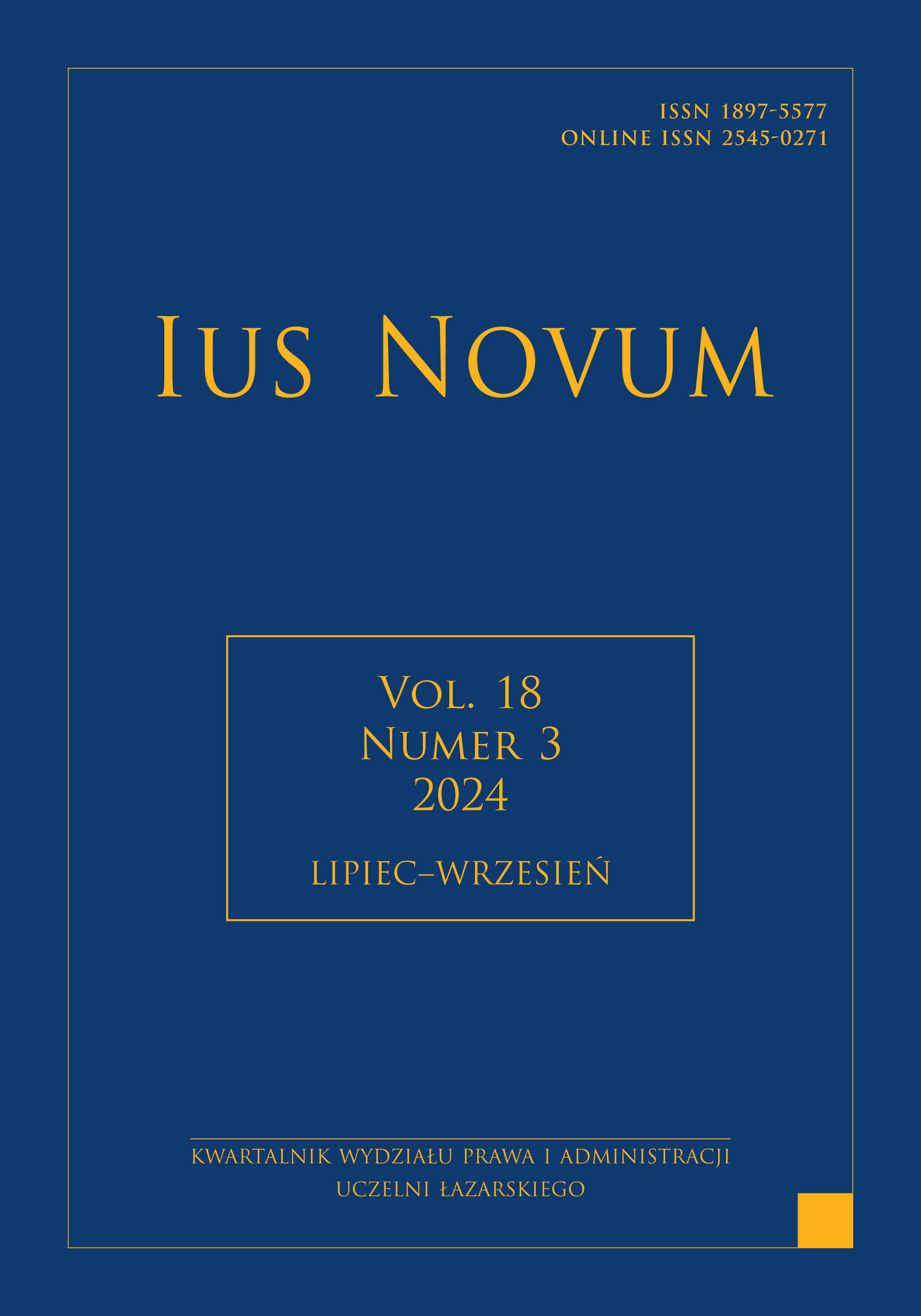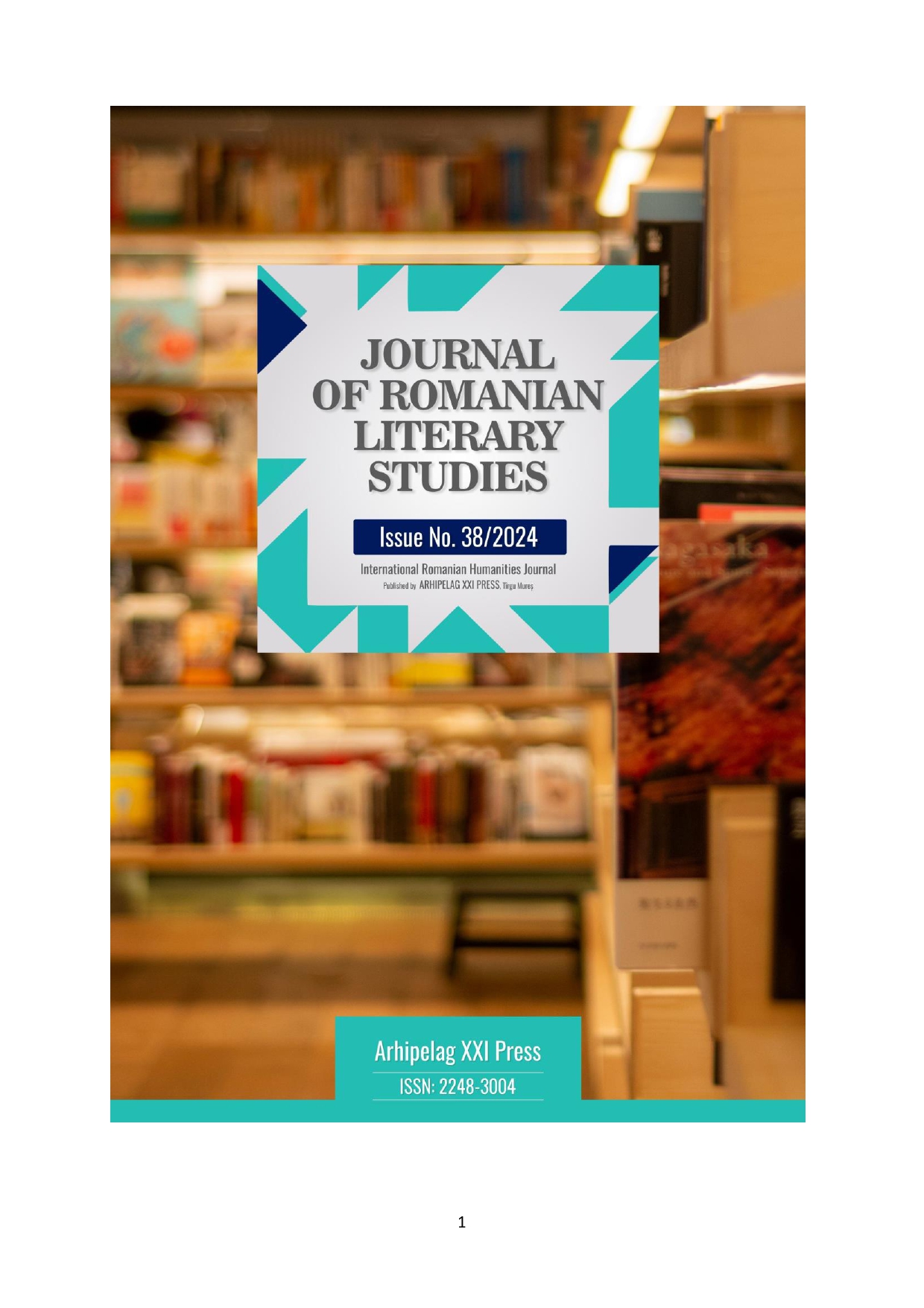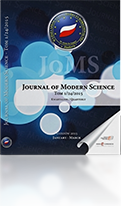
Unifikować czy synchronizować prawo w Europie? Studium przypadku od prawa rzymskiego do prawa europejskiego
Globalization processes included among other legal area. The abolition of customs borders enforces a gradual approach of different legal cultures. A number of issues has already been covered by common EU rules, like the protection of consumers. The most important thing however, is to unify and synchronize contract law which is the foundation of economic activity. Numerous attempts to build a European civil code have been undertaken within the European Union. So far, these codes remain in the sphere of projects. Currently, the codification of law through the use of similar instruments of interpretation of the law is reflected the most clearly. An example of the applicability of regulations from different legal systems is a legal system in force in South Africa.
More...
